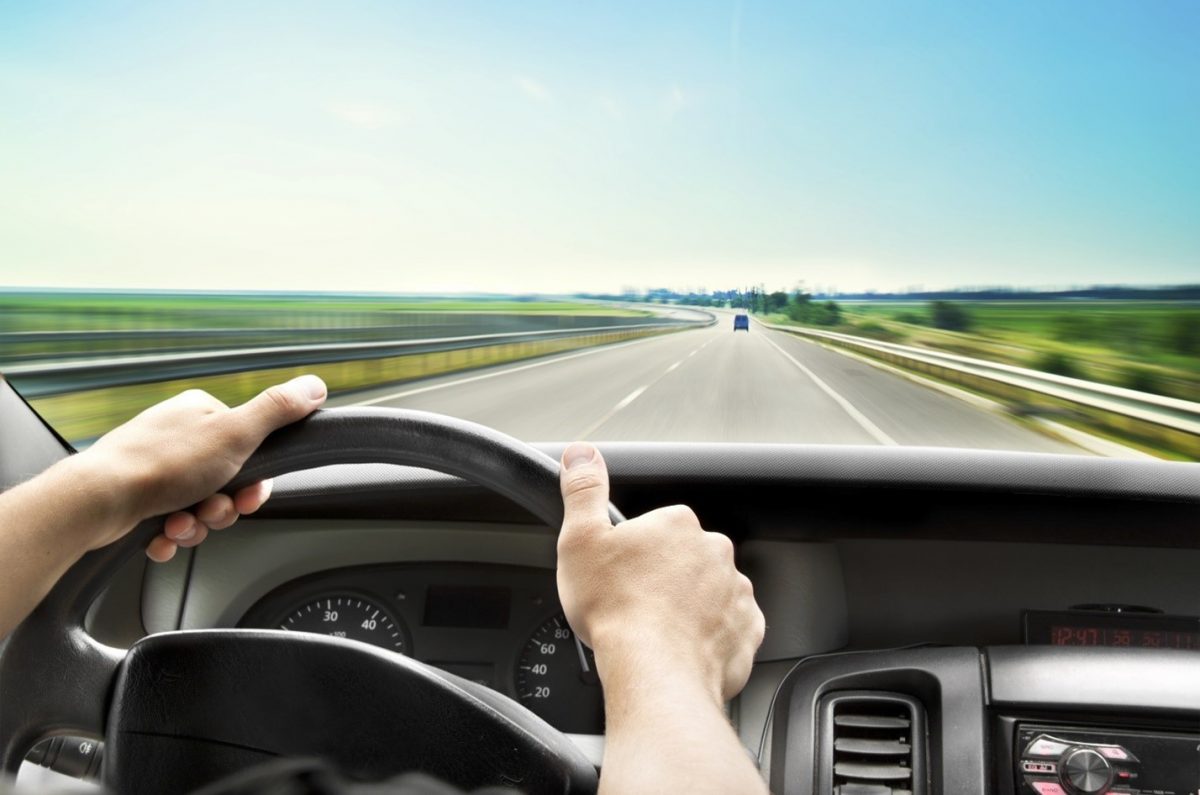Owning a car represents a major investment for most people. We all want our automobiles to last as long as possible while providing safe, comfortable, and enjoyable driving experiences. One aspect that significantly impacts longevity and comfort is the quality of the glass used in the vehicle. Automotive glass serves many crucial functions, from structural integrity to climate control, noise reduction, and more. The proper use of specialised ultraviolet (UV) protection glass plays an integral role in maximising durability and rider satisfaction over a car’s lifetime.
An Overview of Automotive UV Protection Glass
Automotive glass comes in several forms designed for specific applications within a vehicle. The windshield, side windows, and rear window glass all have distinct purposes. UV protection glass contains specialised coatings and inner layers to filter out the sun’s harmful ultraviolet rays. This shielding prevents UV damage to interior plastics, leather, and upholstery. It also provides essential glare reduction and heat control benefits.
The result is extended cabin preservation and cooler interior temperatures for better climate control. UV protection enhances comfort on sunny days, enabling the climate system to operate more efficiently.
Applications of Automotive UV Protection Glass
a. Backlights
Mark as H1The rear windshield, or backlight, plays a supporting structural role while allowing for rear visibility. UV protection coatings filter harmful rays that would otherwise damage interior contents and materials. This is especially important with hatchbacks that have more direct exposure. Safe breakage is also a consideration, with tempered or laminated back glass designed to shatter into small, rounded pieces upon impact.
b. Sidelights
Side windows bear the brunt of UV exposure over years of driving. Prolonged unfiltered sunlight degrades dashboard materials, door panels, and seating areas, especially leather and causes discolouration and cracking. UV protection side glass blocks over 82% of destructive UV rays, helping preserve aesthetic appeal and function.
Types of Automotive UV Protection Glass
Several types of speciality glass provide optimised UV and infrared filtering for automotive applications:
1. Laminated Windshields
Laminated windshields use a thin plastic layer sandwiched between two sheets of glass. The plastic interlayer keeps the glass together if it cracks or breaks, preventing dangerous shards. Many features advanced coatings to filter UV rays along with sound dampening.
2. Tempered Glass
Tempered or toughened glass tolerates extreme hot and cold temperatures while providing four times the strength of standard annealed glass. It is used for side and rear windows. When shattered, it breaks into small, rounded pellets rather than sharp shards, improving safety.
3. Infrared Cut Solar Control Glass
This speciality UV protection glass blocks infrared solar radiation, preventing vehicle heat gain, keeping interiors cooler, and preventing sun damage to contents. It also boosts air conditioning efficiency and saves on cooling costs.
4. Acoustic Glass
Acoustic windshield glass uses a sound-dampening plastic interlayer to reduce noise penetration. This enhances listening to music and conversations while lowering long-trip driver fatigue. Improving cabin ambience and acoustics elevates the driving experience.
Benefits of Installing Automotive UV Protection Glass
1. Blocks of UV Rays
Speciality UV protection glass filters out over 82% of destructive ultraviolet radiation that degrades interiors. This preservation retains the showroom look year after year.
2. Energy Efficiency
Keeping vehicle interiors cooler with infrared solar control glass improves air conditioning performance. This saves on energy demands and operating costs.
3. Climate Control
UV protection glass provides superior heat rejection year-round and increased AC efficiency. Summer driving is more comfortable, while winters warm up faster.
4. Reduces Glare
Diffused light transmission and anti-glare coatings enable clearer outward visibility, improving safety and reducing squinting and eye fatigue.
5. Interior Preservation
Speciality glass prevents UV damage to dashboards, upholstery, door panels, and other interior components, retaining the new car’s look and function for years.
6. Skin Protection
UV rays penetrate standard glass and damage exposed skin. UV protection glass shields drivers and passengers while reducing skin cancer risks.
Conclusion
Automotive speciality glass plays an extensive role in maximising vehicle longevity, performance, safety, and comfort over the ownership period. UV protection coatings filter out over 82% of harmful ultraviolet rays that degrade interior materials and contents. Specialised windshields, sidelights, and backlights also provide infrared solar control to keep cabins cooler in summer while allowing faster winter warm-ups.
The result is extended interior preservation and climate control for better experiences year-round. If shopping for a new or used car, be sure to inquire about UV protection glass. This investment will pay dividends for the vehicle’s lifetime through enhanced comfort, safety, efficiency, and satisfaction. Contact AIS Glass today to learn more about protecting your investment with UV protection auto glass.

